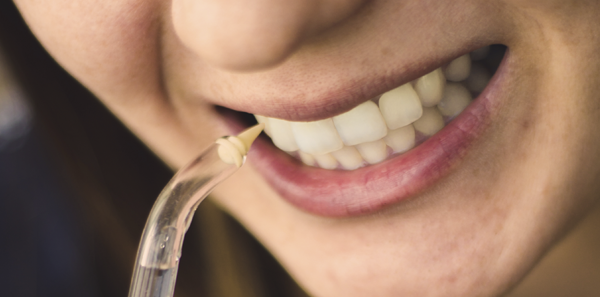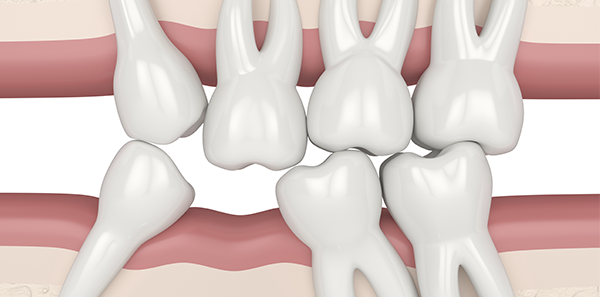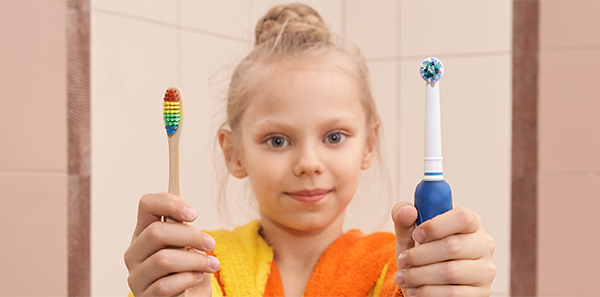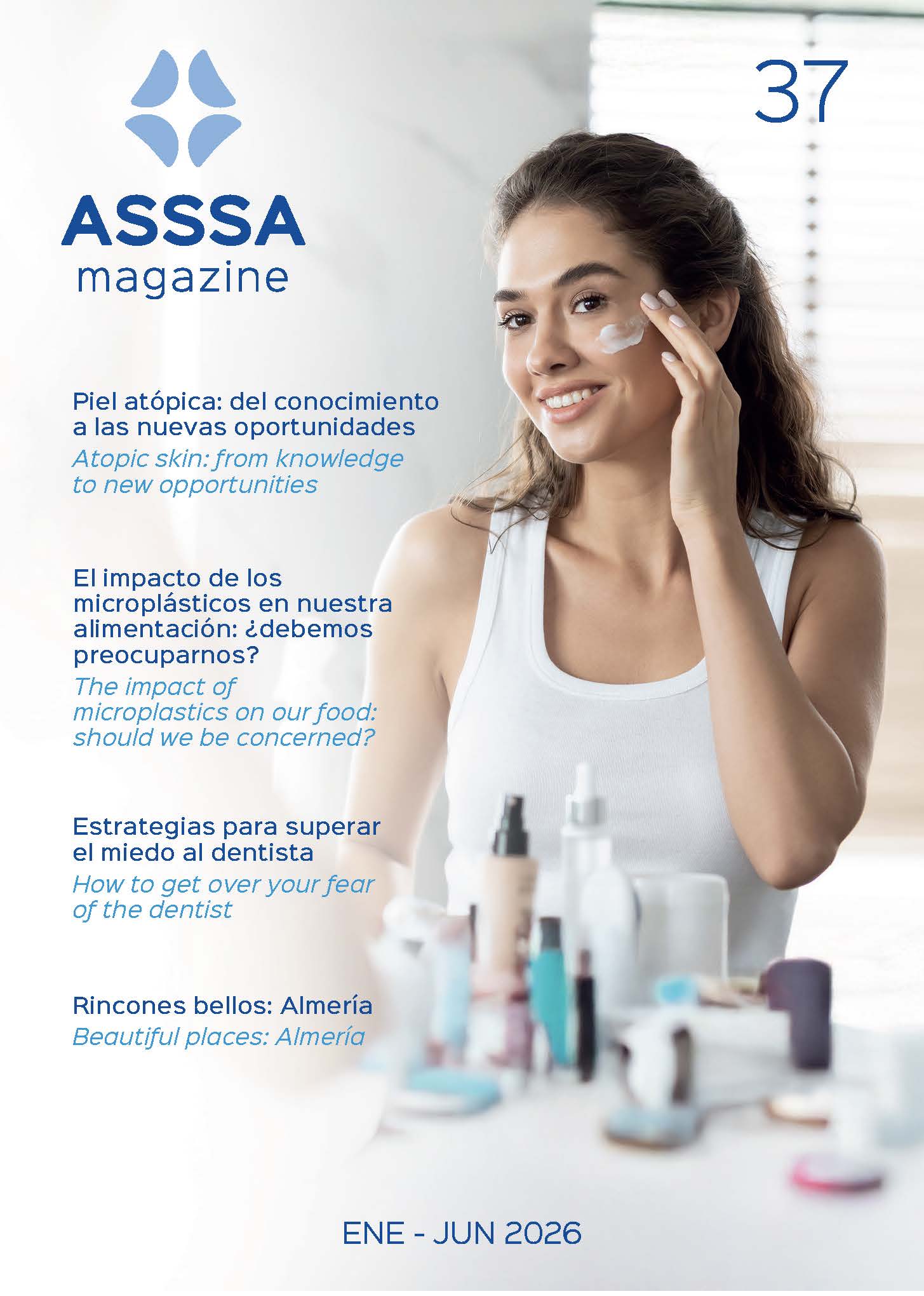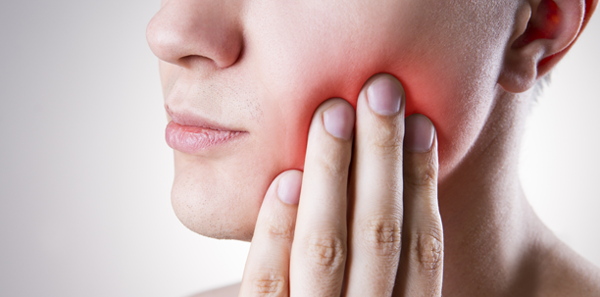
Under normal conditions, the dentine (the layer that directly surrounds the nerve) is covered by dental enamel and the gum that surrounds the tooth. Over time, the enamel coating may become thinner, gradually exposing the dentine, the softest part of the tooth, and the gums may start to recede, providing less protection.
Dentine contains a large quantity of pores (tubules) that run from the outside of the tooth through to the nerve in the centre.
When the dentine is exposed, due to the enamel layer becoming thinner or disappearing completely, these tubules can be stimulated by drinking cold or hot drinks or by eating sweet or acid foods, causing unpleasant and painful sensations.
The main causes of sensitive teeth
- Brushing teeth to vigorously: the solution is to brush correctly using less pressure and a softer brush.
- Gum disease (Gingivitis/Periodontitis): this can be treated so gums stop receding and exposing the dentine, bearing in mind that age or incorrect brushing can also cause gums to recede.
- Acid foods and drinks: cause erosion to the enamel. Avoid soft drinks, citrus fruit, fizzy water, etc.
- Brushing with a very abrasive toothpaste: beware of some abrasive toothpastes that claim to whiten teeth.
- Brushing incorrectly.
- Grinding teeth (bruxism): this can wear teeth down and expose the dentine.
- Using some kinds of mouthwash: it is advisable to use neutral mouthwashes with added fluoride but no alcohol. Use a toothpaste specifically formulated for reducing sensitivity. It may also be useful to apply a fluoride varnish.
- Tooth decay and broken teeth: it is essential to get affected teeth treated.
- Deteriorated, old or weakened toothpaste: in these cases, the best thing to do is replace with new.
- Wear and tear, areas that have lost their enamel: have a dental restoration done to reinforce areas that have lost their enamel coating.
Dr. Juan Andrés Maltés Abad – Dental Surgeon
The information published in this media neither substitutes nor complements in any way the direct supervision of a doctor, his diagnosis or the treatment that he may prescribe. It should also not be used for self-diagnosis.
The exclusive responsibility for the use of this service lies with the reader.
ASSSA advises you to always consult your doctor about any issue concerning your health.


